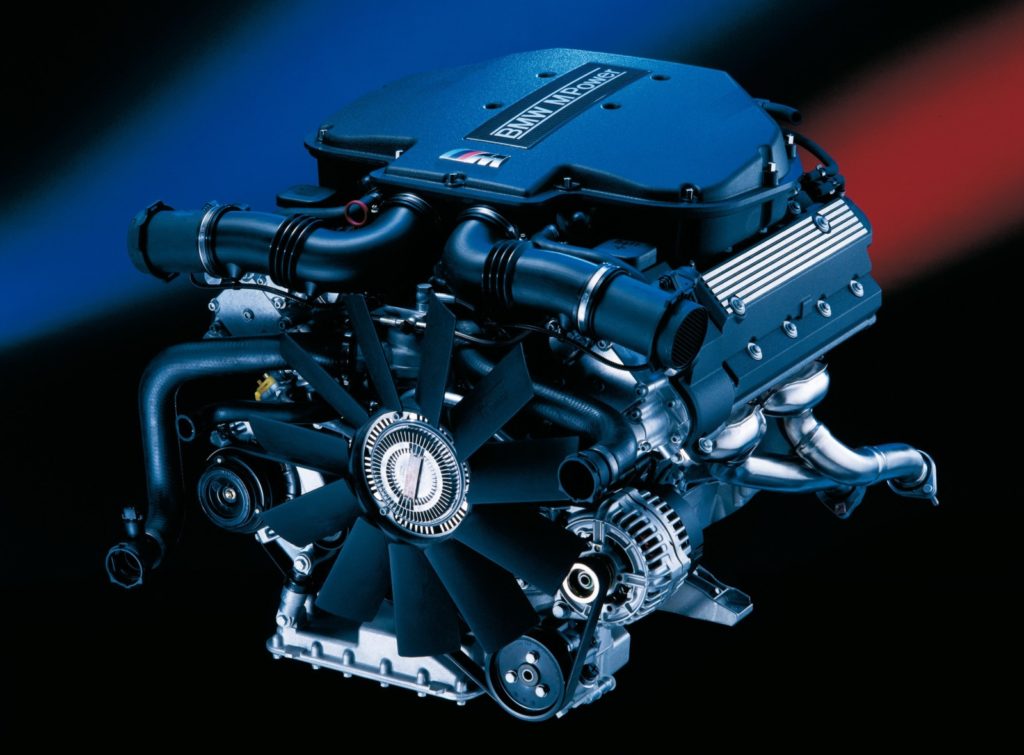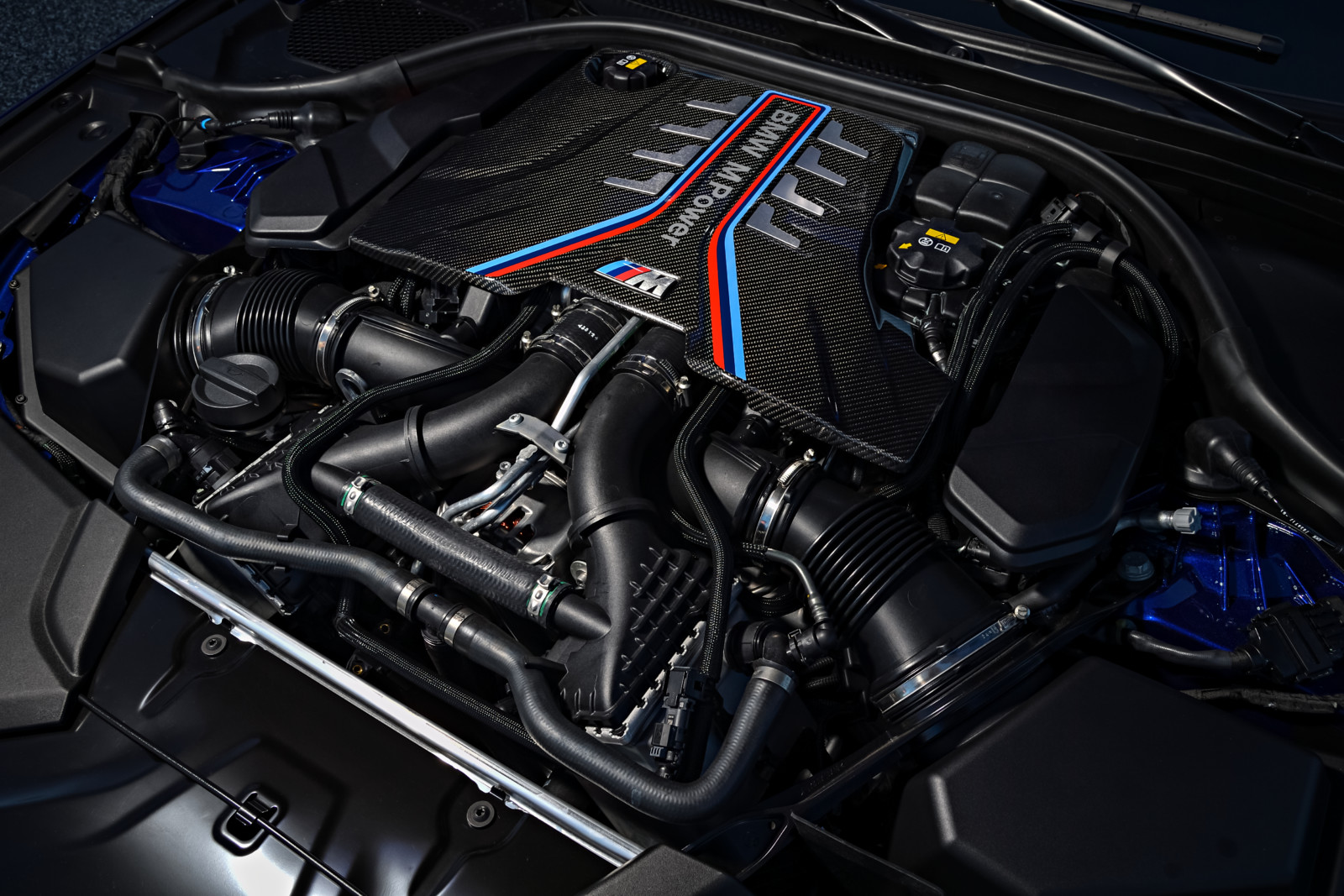The Evolution of the BMW Engine: A Recall at Iconic Designs
Unveiling the Intricacies of Next-Generation Power Units: a Deep Study Advanced Engine Advancements and layouts
As we stand on the precipice of a brand-new age in transportation, the details of next-generation engine designs beckon us to check out the advanced modern technologies and technologies that guarantee to redefine the driving experience. Diving much deeper into the worlds of exhaust control, intelligent engine administration systems, and the horizon of power device advancement, we locate ourselves on the cusp of an improvement that guarantees to improve the landscape of movement as we understand it.
Development of Engine Materials

The change in the direction of progressed engine materials has actually also enabled engineers to create engines with greater power outputs while keeping gas performance standards. For instance, making use of light-weight materials decreases the general weight of the engine, bring about boosted gas economic climate and reduced emissions. In addition, improvements in materials technology have permitted better thermal management within engines, resulting in boosted integrity and long life.
Turbocharging and Supercharging Technologies
Just How do Turbocharging and Supercharging Technologies reinvent engine performance and effectiveness in modern lorries? Supercharging and turbocharging are innovations that substantially improve engine performance by raising the quantity of air intake right into the burning chamber. Turbocharging attains this by utilizing a turbine driven by exhaust gases to pressurize the consumption air, while supercharging utilizes a belt- or chain-driven compressor to accomplish the same effect.
These modern technologies allow smaller sized, a lot more fuel-efficient engines to generate power comparable to bigger ones, understood as downsizing. By forcing more air right into the cylinders, turbo charging and turbocharging improve burning efficiency, leading to increased horse power and torque output without a substantial increase in engine dimension. This leads to much better velocity, pulling ability, and overall driving efficiency.
Moreover, turbo charging and turbocharging add to boosted gas efficiency by enabling the usage of smaller engines that eat less fuel under regular driving problems - bmw engine. This combination of improved efficiency and efficiency has made turbocharging and turbo charging integral components of lots of modern-day engine layouts
Emission Control and Environmental Effect
With boosting global worries regarding air quality and ecological sustainability, the application of exhaust control innovations in cars plays a vital role in minimizing damaging pollutants released right into the ambience. Modern cars are geared up with advanced emission control systems that help minimize the environmental impact of automobile operations. Catalytic converters, for example, are developed to convert harmful gases such as carbon monoxide, nitrogen oxides, and hydrocarbons into less damaging materials like carbon dioxide and water vapor.
Additionally, developments in engine modern technology, such as the combination of exhaust gas recirculation systems and careful visit catalytic reduction, have considerably added to lowering exhausts. These technologies work in tandem to optimize burning performance and lessen the launch of damaging toxins right into the air. In addition, the advancement of hybrid and electrical lorries represents a vital step towards lowering the general environmental footprint of the transportation sector.
Intelligent Engine Monitoring Solution

Moreover, these systems enable lorries to satisfy stringent exhausts standards without endangering efficiency, providing an extra eco-friendly driving experience. The integration of fabricated intelligence and artificial intelligence abilities in engine monitoring systems continues to press the boundaries of what is feasible, resulting in further enhancements in Get More Information performance, reliability, and general automobile performance. bmw engine. As vehicle modern technology developments, smart engine management systems will certainly play a vital duty fit the future of transport in the direction of a more efficient and sustainable instructions
Future Trends in Power Device Development
As intelligent engine management systems pave the way for enhanced control and optimization in modern cars, future patterns in power system advancement are poised to redefine the landscape of automotive propulsion technologies. These alternative power sources use enhanced effectiveness and performance while aligning with rigorous ecological regulations.
One more significant fad is the assimilation of sophisticated materials and manufacturing techniques. Lightweight products such as carbon fiber and light weight aluminum are being used to decrease total lorry weight, improving gas efficiency and efficiency. In addition, improvements in 3D printing and additive manufacturing are making it possible for the production of complex engine parts with greater precision and resilience.
Furthermore, fabricated intelligence and artificial intelligence are playing an important role in maximizing power unit efficiency. These innovations allow for real-time surveillance and adaptive control, bring about a lot more efficient and trustworthy power distribution. In general, future fads in power unit growth are geared towards effectiveness, sustainability, and efficiency, driving the vehicle industry towards a brand-new age of propulsion modern technologies.

Final Thought
In conclusion, the advancements in engine products, turbocharging, exhaust control, and smart administration systems have led the method for next-generation power devices. The intricate layouts and developments in contemporary engines showcase the ongoing advancement of automobile technology.
Discovering the progressive advancements in engine materials has been critical in improving the performance and performance of modern engines. Over the years, the development of engine materials has played an important function in pressing the limits of what engines can achieve.The shift towards advanced engine products this content has actually likewise enabled designers to design engines with higher power outputs while maintaining gas performance criteria.The execution of smart engine management systems in modern-day vehicles has actually transformed the method engines are regulated and optimized for efficiency and performance. By collecting information in real-time and assessing it with innovative algorithms, intelligent engine administration systems can adjust to driving designs, environmental elements, and engine health and wellness to take full advantage of power result while minimizing fuel intake and emissions.